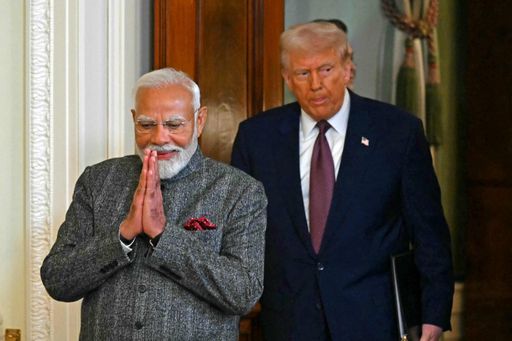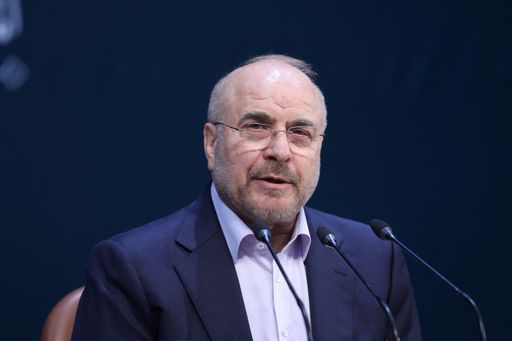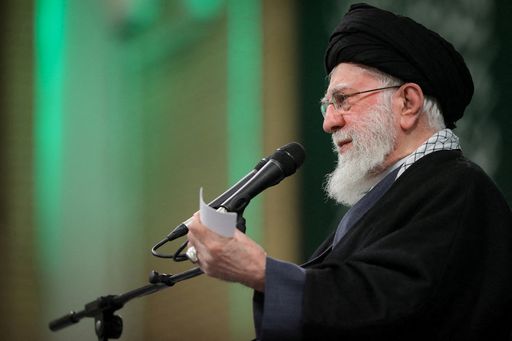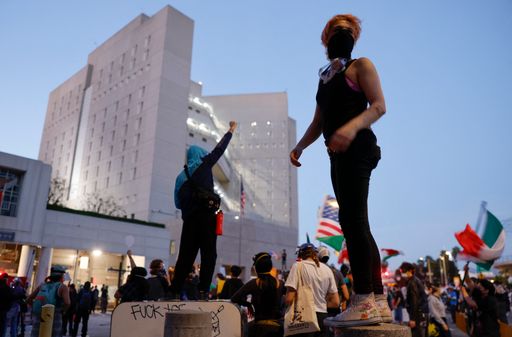Sport
Dollar
43,5322
0.1 %Euro
51,3997
-0.08 %Gram Gold
6.871,0100
-0.55 %Quarter Gold
12.309,5300
1.87 %Silver
119,0800
0.21 %By invoking the snapback sanctions, the E3 appears to have pushed Tehran into a corner. Can they still find common ground before the 31-day deadline expires?
Marking a pivotal moment in global diplomacy, France, Britain and Germany this week ceased crucial nuclear negotiations with Iran in Geneva without reaching an agreement.
Known collectively as the E3, the three countries resorted to invoking a ‘snapback’ of UN sanctions on Iran to force the Shia-majority nation to comply with full IAEA inspections of its nuclear facilities.
In a letter, French Foreign Minister Jean-Noel Barrot notified the UN Security Council regarding Iran’s “non-compliance” under the JCPOA, and that they were triggering the snapback procedure so that Tehran’s nuclear escalation does not go further.
However, he mentioned that the three European powers are open to negotiations during the 30-day period before the sanctions take effect.
Up till the October 18 deadline for expiration of the deal’s snapback window, there is hope of Iran agreeing to comprehensive IAEA inspections and engaging in talks with the United States.
But after a month, sanctions covering Iran’s financial, banking, hydrocarbons and defence sectors would be restored.
What has the E3 really achieved?
Even as Moscow and China oppose this move and Iran threatens “consequences”, one wonders whether the E3 used this tool just because the ‘sunset clause’ – as the snapback mechanism is also called – would have lapsed.
In short, the talks simply fell apart before any gains were made or confidence-building measures were discussed.
Though the E3 invoked the mechanism as their last chance to act, Europe may be practically out of the picture after this move. Mistaking pressure for strategy, the E3 acted before arranging a diplomatic off-ramp.
And there are risks that this step will backfire.
If E3’s intention was to bring Iran back to the negotiating table, Tehran has already denounced the move as “baseless” and “illegal” and warned of suspending cooperation with the IAEA. Rather than securing any concession from Iran, the E3 may have pushed it further away.
These talks with the E3 were a good chance to settle the matter diplomatically, but the opportunity to resuscitate the Joint Comprehensive Plan of Action (JCPOA) appears to have been lost.
After a while, Iran was accused of violating the nuclear deal by enriching uranium to 60 percent, just a few steps away from the 90 percent purity required for a nuclear weapon. Iran allegedly had enough material for six bombs.
Demanding a full removal of sanctions, Iran was unwilling to discuss the matter with the US, so the E3 reached out as JCPOA signatories and several rounds of inconclusive discussions took place.
But getting impatient, the US and Israel suddenly moved to destroy Iran’s nuclear facilities in July, leading to the 12-day war between Tehran and Tel Aviv.
Comments
No comments Yet




















Comment